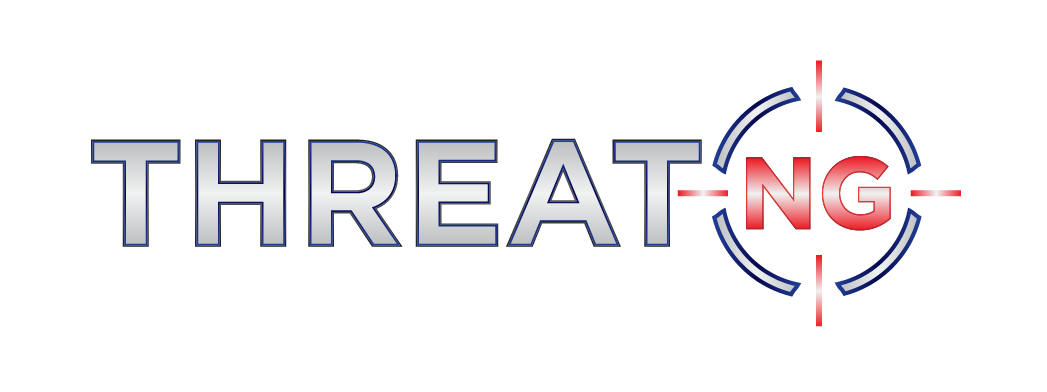Name Server Records
Name Server Records, in the context of security and cybersecurity, are DNS (Domain Name System) records crucial in directing and resolving domain names to their associated IP addresses. These records are essential components of DNS and can have implications for security in the following ways:
Authoritative Servers: Name Server Records specify the authoritative name servers responsible for handling DNS queries for a particular domain. Secure configuration of these authoritative servers is crucial to prevent DNS hijacking and unauthorized changes to DNS data.
Zone Transfers: Zone transfer vulnerabilities can occur when misconfigured or poorly secured name servers allow unauthorized parties to retrieve DNS zone data. Attackers may use this information to gather intelligence for targeted attacks.
DDoS Amplification: Name Server Records can be used in DNS reflection and amplification attacks. Attackers forge requests to open resolvers, causing the name server to respond with large replies to the target's IP address, potentially overloading the target.
Cache Poisoning: Secure configuration of name server records helps prevent cache poisoning attacks, where attackers manipulate DNS data in a way that leads to incorrect domain-to-IP mappings, potentially redirecting traffic to malicious servers.
Denial of Service (DoS): Poorly configured name servers can be susceptible to DoS attacks, where attackers overwhelm the server with traffic, making it unavailable for legitimate DNS requests.
DNSSEC Support: Name Server Records can indicate whether a domain supports DNSSEC (Domain Name System Security Extensions). This critical security measure digitally signs DNS data to prevent tampering and unauthorized changes.
Redundancy and Failover: Organizations use multiple name server records to provide redundancy and failover capabilities. Proper configuration ensures that DNS services remain available even in the face of server failures or attacks.
Subdomain Enumeration: Name Server Records can reveal subdomains of an organization, which attackers might target for reconnaissance or subdomain takeover attempts if not adequately protected.
SecName server record setup and administration are essential for preserving the security and integrity of a domain's DNS infrastructure and lowering the possibility of DNS-related threats and vulnerabilities. Name servers that are set up correctly are an essential component of any organization's cybersecurity plan.
ThreatNG, the comprehensive all-in-one platform for External Attack Surface Management (EASM), Digital Risk Protection (DRP), Security Ratings, Domain Intelligence investigation, and "Subdomain Takeover Susceptibility" assessments, is instrumental in fortifying the security of Name Server Records for organizations focused on enhancing their external digital presence. Through thorough Domain Intelligence investigations, ThreatNG continuously monitors the configuration and security of these records, ensuring that authoritative name servers remain protected against DNS hijacking and unauthorized changes. When vulnerabilities or misconfigurations are identified, ThreatNG seamlessly facilitates the handoff of these concerns to web application security solutions, which can promptly adjust access controls and DNS-related security measures. For example, in the event of a potential zone transfer vulnerability, ThreatNG enables the swift implementation of security measures, reducing the risk of unauthorized access to DNS zone data. This collaborative approach strengthens the overall security of Name Server Records, mitigating DNS-based threats and vulnerabilities, thus bolstering the organization's defense against DNS-related security risks.

